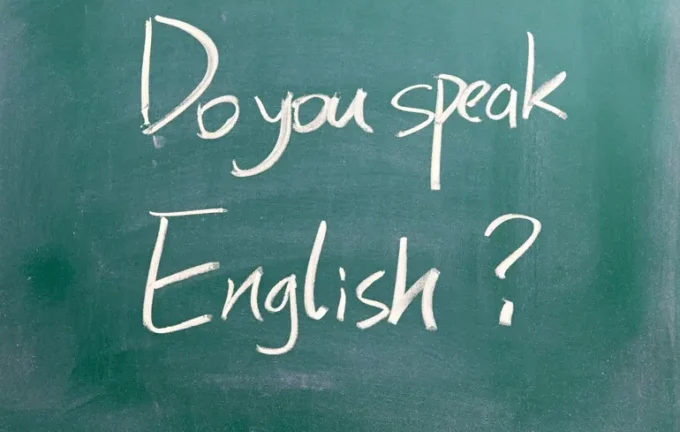Can Ukraine Master English in Modern Conditions: Analyzing Prospects and Challenges

Discussion around whether Ukraine is capable of significantly mastering the English language becomes particularly relevant amid the adoption of the new state program aimed at promoting English learning. When analyzing this issue, it is essential to consider not only the program’s goals and budget forecasts but also the deeper systemic problems facing education. Renowned linguist and political scientist Noam Chomsky points out that educational systems often cultivate ignorance rather than fostering curiosity and creativity. Against the backdrop of the so-called State Concept for the Development of English Language Learning from 2026 to 2030, key questions arise regarding its effectiveness. Despite numerous previous attempts to improve English proficiency—ranging from the Future Perfect project to initiatives like GoGlobal—the results generally remain at the level of stability or average performance. According to Education First, Ukraine ranked 40th globally in 2024 with the English Proficiency Index, indicating a medium level of competence. However, this data, based on online testing of adults primarily from urban centers, does not fully reflect the situation in rural areas and small towns. This is supported by research from KMIS, showing that only 51% of Ukrainian citizens possess a minimal level of English, with only 23% able to confidently read, write, and communicate in the language. The causes of these low indicators are quite evident: weak teacher qualifications, limited access to quality resources in regions, low motivation, and a lack of infrastructure for independent learning. Deeper roots of these issues lie within outdated teaching approaches rooted in Soviet educational traditions. The prevailing paradigm treats knowledge as a prerequisite for language use, rather than recognizing that action and practice lead to genuine language mastery. Yet, current systems rely heavily on rote memorization of vocabulary and grammar rules before applying them in real-life communication, hindering the development of fluency and demotivation among learners. Meanwhile, the government plans to allocate nearly half a billion hryvnias to implement the Concept, which involves updating teaching content, retraining teachers, creating digital resources, and engaging international partners. But will this colossal budget serve merely as a replication of previous initiatives? Without fundamental pedagogical reforms and systemic changes, new programs risk remaining superficial. A key solution could be developing a free, engaging mobile application—akin to Duolingo but much more effective—that makes learning fun, adaptive, and tailored to individual needs. Such an app could revolutionize the approach by providing quality content, motivating users, and enabling real-life language practice. Another crucial step is to overhaul teacher training, transforming it from formal procedures into immersive, experiential processes that inspire teachers and learners alike. Only through deep reforms in educational philosophy and language environment can Ukraine hope to genuinely improve proficiency levels, motivate citizens to learn English, and advance toward closer European integration.

